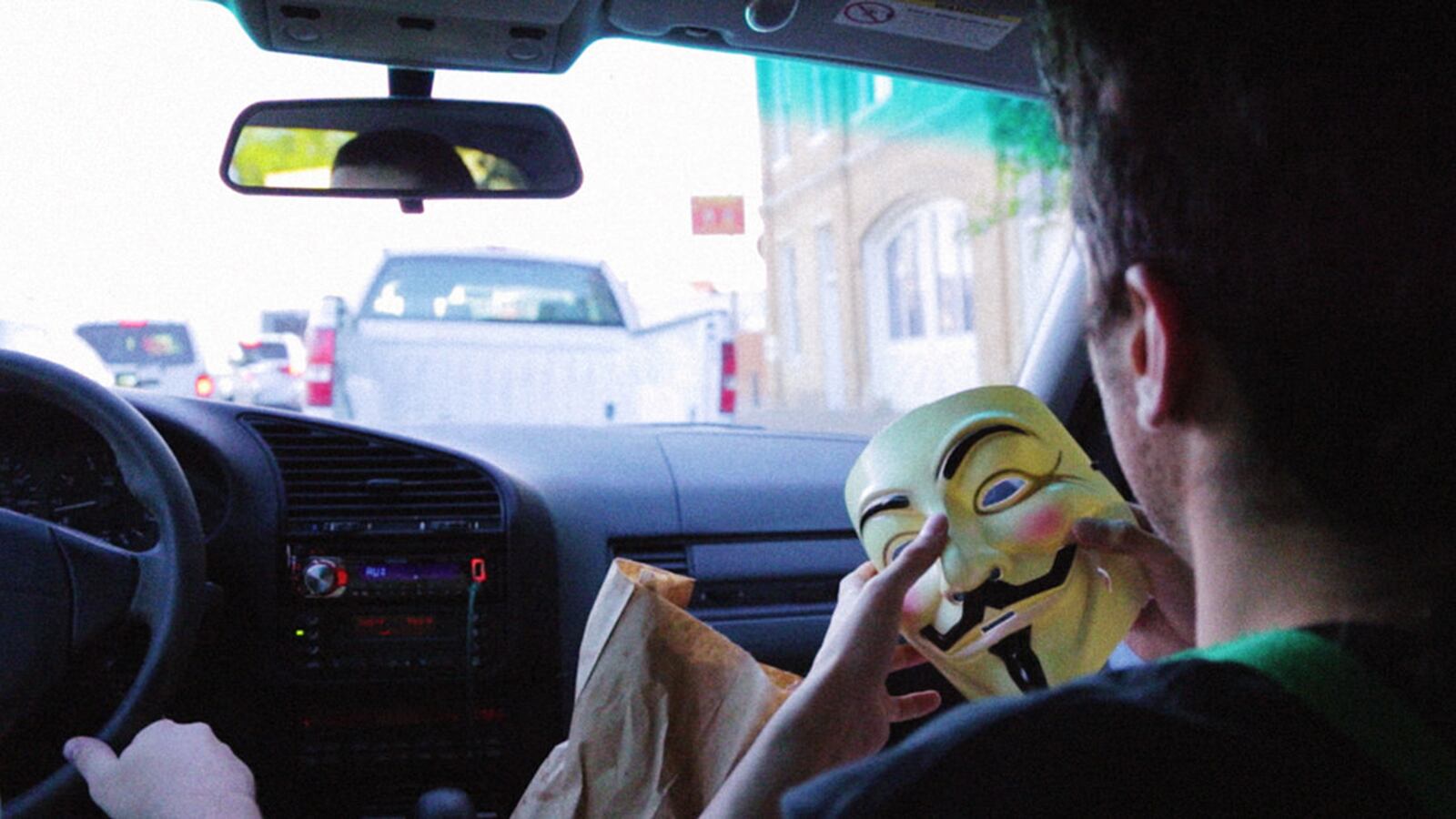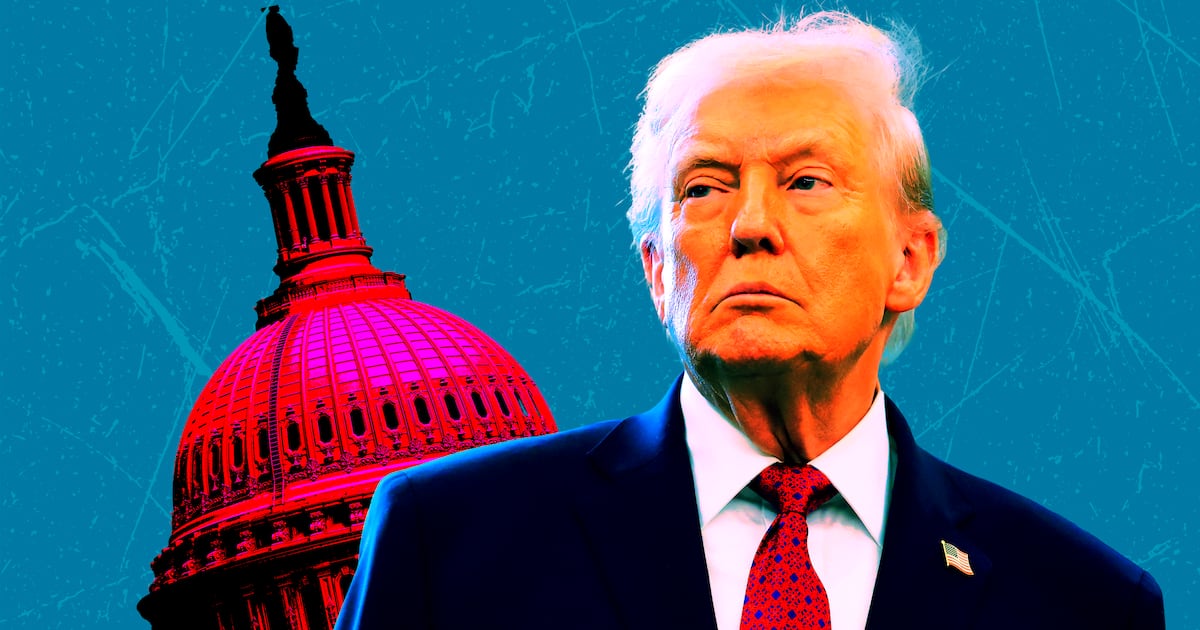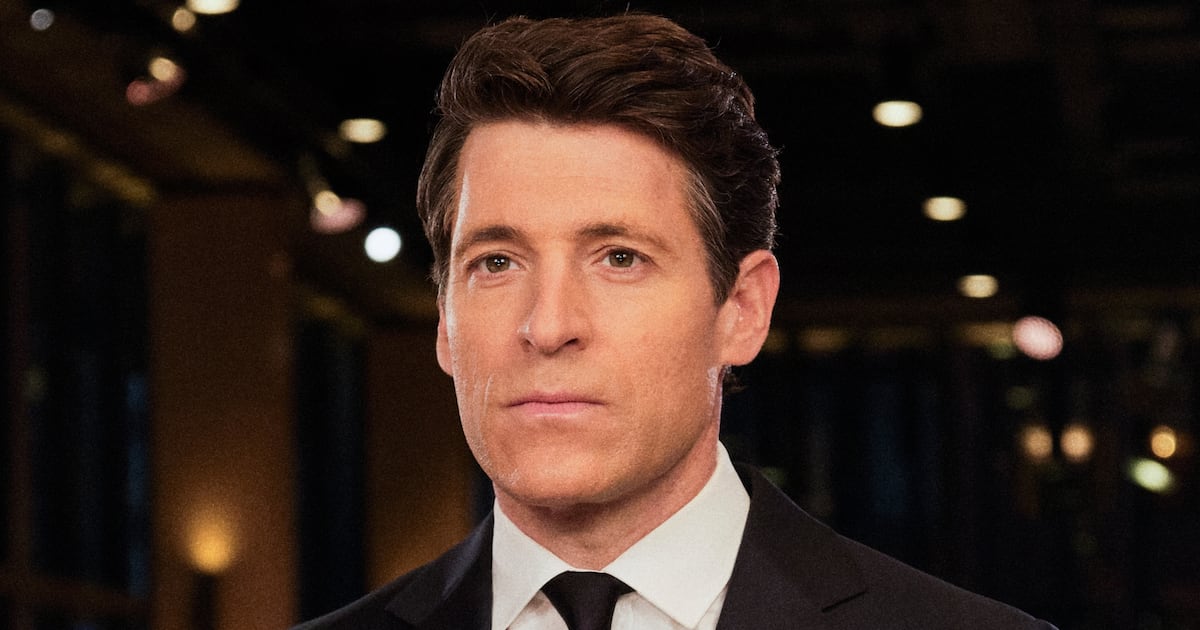If you’re seeking the real-life equivalent of the critically acclaimed TV series Mr. Robot, in which a group of hackers attempt to take down corporate America, look no further than The New Radical, a documentary featuring two of the scariest libertarian/anarchist activists you’ve ever seen—Arkansas native Cody Wilson, who wants to destroy the whole concept of gun control by making printable 3D gun blueprints available online, and Amir Taaki, a Brit whose involvement with bitcoin and Dark Wallet, an application that could easily be used for money laundering, is an attempt to subvert the world financial order.
“The overarching goal [of Wilson and Taaki] is returning power to the masses through the use of technology,” says Adam Bhala Lough, director of the film. “For Cody it has to do with gun control, with arming the public. For Amir it’s more about freedom and creating one’s own community, in which you can live in autonomy—hack labs where everyone uses crypto currency to buy and sell.”
Or, as Wilson put it in an email interview with The Daily Beast: “I’m against democracy in general. My only hope is that something else can be built from the failure of the West. I work to allow the spaces for singularities.”
Lough, who has made films about Lil Wayne and professional skateboarders, became interested in Wilson about four years ago, when he heard him talking on NPR about destroying gun control through technology. “This was around the time we were talking about Sandy Hook,” says Lough, “and he was saying everything the liberal media was discussing was meaningless, because the technology I am creating would supersede any laws they would create.”
Taaki, whom Lough had never heard of, entered the scene when the director was filming Wilson while he was on a Skype call. “I had no idea [Wilson] was involved with bitcoin,” he says, and they were doing a project called Dark Wallet. Amir really popped off the screen, and I asked Cody to make an introduction.”
Both activists come off in the film as intelligent, charismatic, thoughtful and exceedingly arrogant. Not surprisingly, given their anarchist tendencies, they have also had run-ins with the authorities. Wilson made his gun blueprint available online, but after it was downloaded 100,000 times, the State Department forced him to shut the files down. Wilson has since sued, claiming shuttering the digital files constitutes an infringement of his free speech rights. He has lost on the appellate level, with the court ruling that national security issues outweigh free speech concerns, and the case appears headed to the Supreme Court.
Taaki’s problems stem from the time he spent in Syria fighting for the Kurds. He was detained by British authorities on his return earlier this year, mistakenly suspected of supporting a terrorist group. He was under surveillance for awhile, never charged with a crime, and has since decamped to Spain. Taaki told the BBC that he believes bitcoin could help the Kurds “because it is not a currency controlled by state banks,” but there is a concern in some quarters that the software he has developed could be used for money laundering or terrorist activity. In fact, in The New Radical, Wilson almost gleefully declares the fact that ISIS might be using bitcoin and Dark Wallet as “a great endorsement” for the technology.
Comments like that one don’t exactly endear you to these guys. Nor does Wilson’s explanation that he is fascinated by the alt-right these days, “because the right/frog twitter has vitality and spirit.”
“They are actually having conversations the center-right and left have deemed settled or forbidden,” he tells The Daily Beast. “They are interested in questions of culture and demography and science that are literally not allowed to be part of the official narrative.” (When asked to be more specific about what “questions of culture and demography” he was referring to, Wilson declined to answer, but Lough says “he’s into the way the alt-right has trolled the left and mainstream conservatives. They are pro-West, and Cody is attracted to that mentality.”)
Of the two, Taaki seems to have the more engaging personality, coming off as the kind of guy you could easily have a beer with, and his efforts to circumvent the global banking system almost certainly elicit more sympathy than Wilson’s attempt to pour more guns into a culture that certainly has enough of them. (Not one for half measures, Wilson says in the film that “you must allow aggression and violence to be central to your philosophy, or you’re not serious.”)
“I don’t think anyone is really happy with their bank,” says Lough, referring to Taaki’s work, a sentiment plenty of people can agree with. “We live in an era of fiat money; it’s not tied to gold. The banking system is a confidence game, and crypto currencies are a danger to that.”
Whether the systems Wilson and Taaki have created make them criminals is a question neither the film, nor Lough himself, prefer to answer. But Lough does note that just putting something out there for the public to use, or telling people how to use it, could lead to prosecution against Wilson and Taaki if the technology used is traced to criminal activity. “That’s the fine line, and the line they’re dancing around,” says Lough. “It seems like they believe they have nothing to lose, for whatever reason.”
There is also the question about whether Wilson and Taaki are aware of, or even care about, the possible consequences of their actions. Wilson has been called one of the most dangerous people on the internet by Wired magazine, a designation he seems not at all concerned about. “I think this happened because the progressive imagination sees technology as politics and the people who wrote the tech news were unable to find a meaningful reply to our effort,” he told The Daily Beast.
Lough believes neither man cares “about the blowback to the U.S. and the U.K.” But, he adds, “what this says is that they’re young. One thing to remember is how young these guys are in the film: 24, 25 at the beginning of the film [both are now 29]. They’re young, idealistic, haven’t really grappled with the results of their actions, and they can experiment with these things. We were all at that age at some point. The major difference is these kids can act on it because of DIY technology. They can create these tools that are incredibly powerful.”






